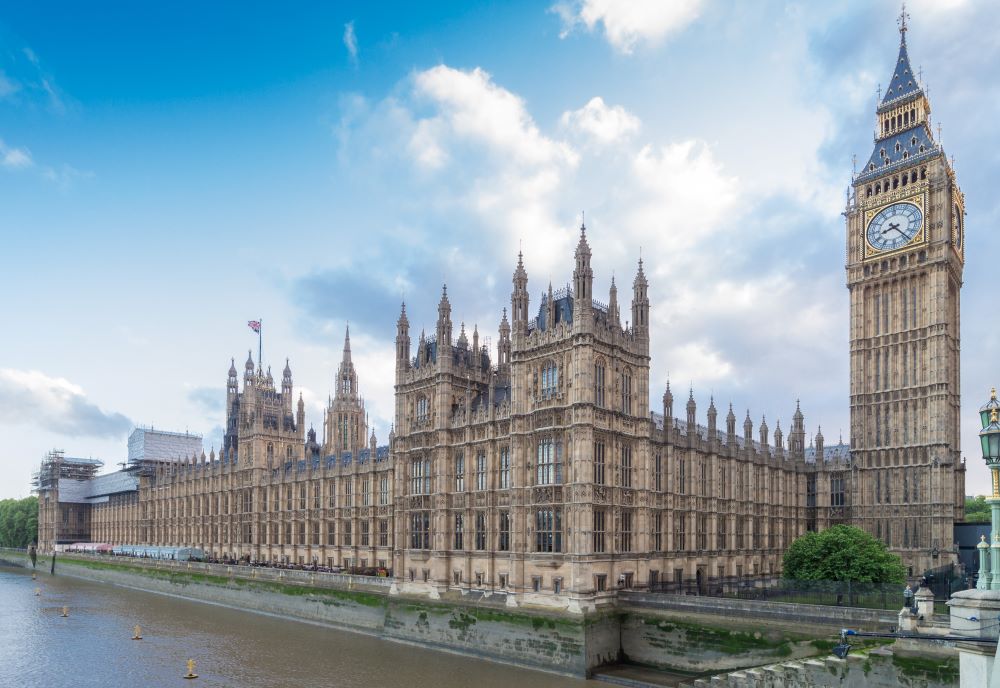
Parliament’s top trade committee is looking for industry opinions on the UK’s sanctions regime with Russia, as more news emerges of the impact of the restrictions on the Russian economy.
The International Trade Committee (ITC) is launching a new inquiry into the Department for International Trade (DIT)’s efforts on the UK’s trade sanctions on Russia.
It is also examining the restrictions’ effects on supply chains, consumers and businesses.
‘Strong response’
Angus MacNeil, Chair of the ITC, said:
“The appalling invasion of Ukraine has rightly solicited strong international sanctions against Russia. As a committee, we want to understand how effective the UK’s trade sanctions have been, and their impact on businesses and consumers here at home.
“We’ll also be examining the effectiveness of the Government’s guidance for businesses, and what further support may be required.”
Grace Thompson, public affairs adviser at the Institute of Export & International Trade (IO&IT), said: “The ITC’s new inquiry on the effectiveness and impact of the UK’s trade sanctions on Russia is important for stakeholders to submit evidence to.”
“Economies around the world have been shaken by the impact of Russia’s invasion of Ukraine, with consequences for businesses, supply chains and consumers alike. This inquiry will provide interesting insights regarding to what extent UK trade policy was able to pivot swiftly enough to minimise some of that negative domestic impact.
“It’s also welcome that the inquiry takes stock of the work done by the Department of International Trade, at short notice, to develop, implement and enforce sanctions on Russia.”
The call for evidence – which can be accessed here – has a deadline of Friday 17 March.
Impact of sanctions
Russia claims that the sanctions have had a modest impact, according to the Washington Post, with president Vladimir Putin saying that the country had only experienced a modest 2.2% decline in GDP between January and November 2022.
However, independent observers are sceptical of this claim.
Timothy Ash, a strategist at RBC BlueBay Asset Management, stated that the oil cap and broader energy sanctions could potentially cause Russia to experience losses of $150bn.
Cap
The oil cap was introduced in December by the G7 and allied nations and prevents signatories from spending more than $60 USD per barrel of Russian oil (although this price is subject to review).
Revenues from oil and gas account for 40% of the Russian Federations’ budget, the FT reports.
Doubt on figures
Harvard academic Ken Rogoff stated he believed Russia’s economy was weaker than the official statistics and expressed scepticism about the government’s figures.
Rogoff’s analysis chimes with previous research conducted by Yale professor Jeffrey Sonnenfeld, who “reconstructed” Russian data and found that the economy was in poor condition.
Sonnenfeld and Yale colleague Steven Tian told the Daily Express that they believed the Russian economy was likely to continue to experience difficulties as a result of sanctions.



